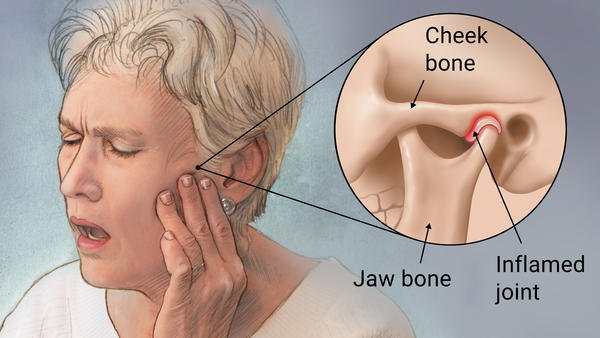The temporomandibular joint (TMJ) is a small joint located in front of the ear where the skull and lower jaw meet. It permits the lower jaw to move and function.
The Risk of Temporomandibular Joint Disorder Surgery
Despite the deficiencies of retrospective studies and case reports, they do provide evidence that surgery can be helpful for some patients suffering from painful disorders of the TMJ that do not respond favorably to nonsurgical management. Past experience, however, has shown that reliance solely on such data can lead to serious consequences. Until objective prospective data become available, therefore, clinicians need to adopt a conservative approach in their selection of patients for temporomandibular joint surgery and patients have to be wary about subjecting themselves to such procedures.
Natural Treatment for TMJ
Top experts, including the National Institutes of Health (NIH) and NIDCR, recommend conservative, reversible treatments as the best route of action. Our doctors agree and recommend choosing non-invasive treatments first, rather than aggressive treatments, like surgery and implants, which penetrate the tissues of the face, jaw or joint.



